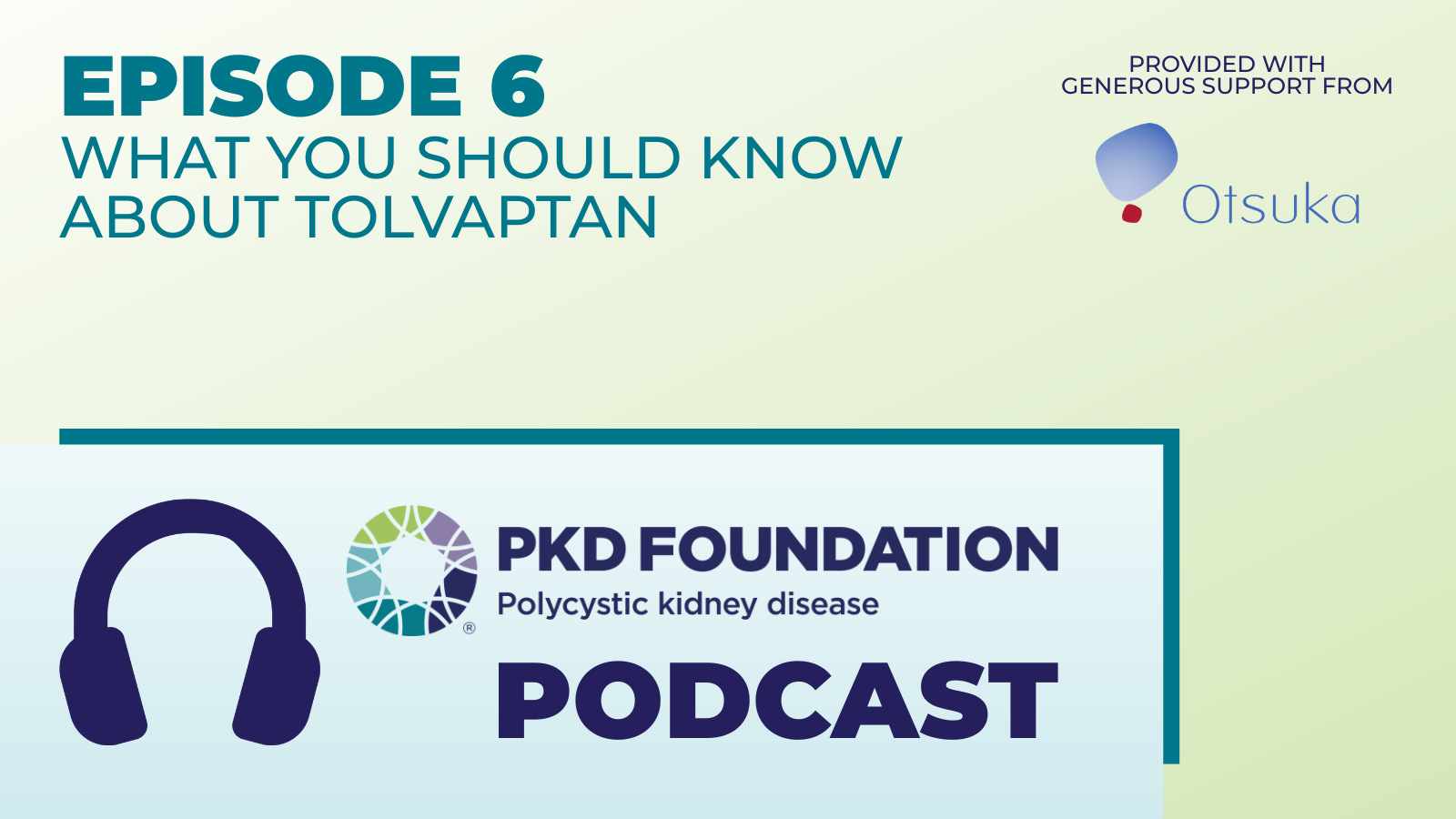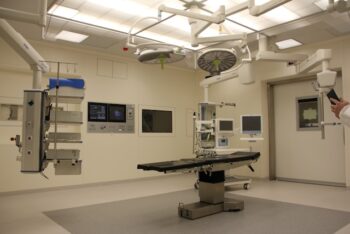resources
Confidently Navigating ADPKD: Understanding the New KDIGO Guideline, Decoding ADPKD: Diagnosis, Prognosis, & Genetics
4 June 2025

Details
Type
Category
This session will explore how ADPKD is diagnosed, what factors influence disease progression, and the role of genetics in understanding and managing ADPKD.
Learning Objectives:
- Understand how ADPKD is diagnosed and what to monitor.
- Learn about factors that impact disease severity & prognosis.
- Explore the genetics of ADPKD (PKD1 vs. PKD2) and when genetic testing is beneficial.
- Discuss ethical considerations and family planning related to ADPKD.
Speakers:
Dr. Terry Watnick, M.D., is an Associate Professor of Medicine in the Division of Nephrology at the University of Maryland School of Medicine, specializing in inherited kidney diseases. She leads the Baltimore Polycystic Kidney Disease Research and Clinical Core Center and has a strong background in ADPKD genetics, clinical care, and research.
Dr. Neera K. Dahl, M.D., Ph.D., is a board-certified nephrologist specializing in cystic kidney disease, particularly Autosomal Dominant Polycystic Kidney Disease (ADPKD). She is the Director of the PKD Foundation Center of Excellence at Mayo Clinic Rochester, an Adjunct Professor of Medicine at Yale, and an active clinical researcher in ADPKD and kidney stone treatment.
Patient Commentary:
Dwight Odland has been a dedicated PKD advocate since 2005, serving as the Los Angeles Chapter Coordinator, a PKD Foundation Board member, and a contributor to KDIGO and other research initiatives. A living donor transplant recipient, he has supported hundreds of PKD patients, reviewed renal research grants, and authored and co-authored multiple PKD-related papers, bringing both professional and personal experience to the cause.
Related Resources

- ADPKD
- ADPKD Registry
- Clinical Trials
- Drug Therapy and Treatments

- ADPKD
- Drug Therapy and Treatments
- Management
- Podcast
- Tolvaptan
- Treatment

- 2025
- ADPKD
- Complications
- Living with PKD
- Polycystic Liver Disease
- Webinar

- 2025
- ADPKD
- Caregivers
- Complications
- Education
- Living with PKD
- Newly Diagnosed
- Polycystic Liver Disease
- Symptoms
- The Basics of PKD
- Webinar

- 2025
- ADPKD
- Caregivers
- Complications
- Diagnosis
- Education
- genetic testing
- genetics
- Living with PKD
- Newly Diagnosed
- The Basics of PKD
- Webinar

- Diet
- Family Life
- Living with PKD
- Recipes
- Staying Healthy

- Advocacy
- Education
- Living Post-Transplant
- Transplantation







